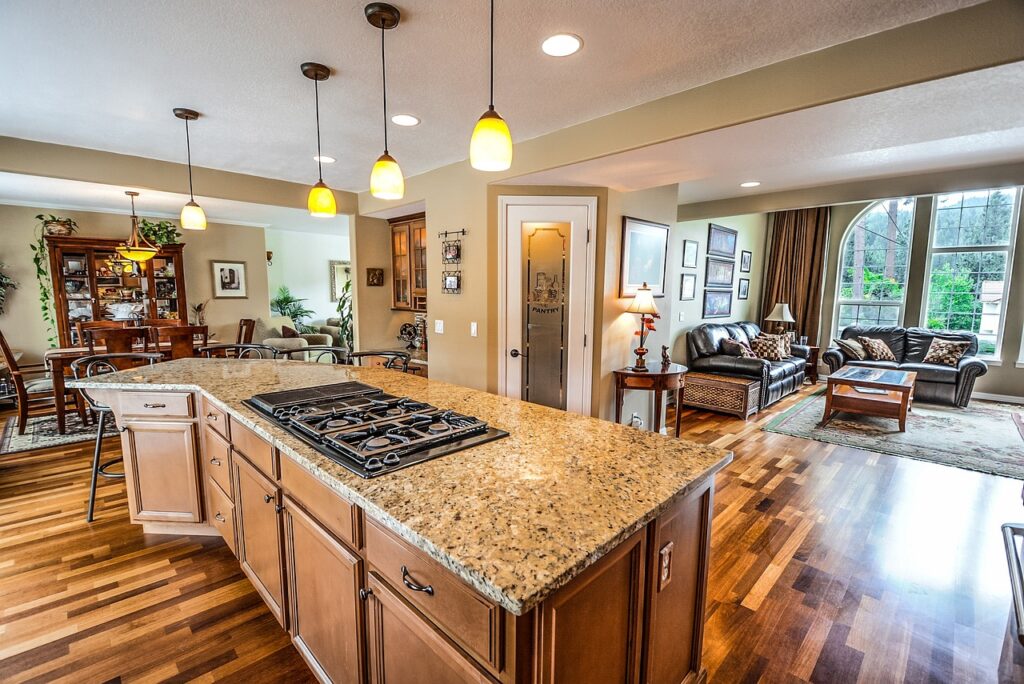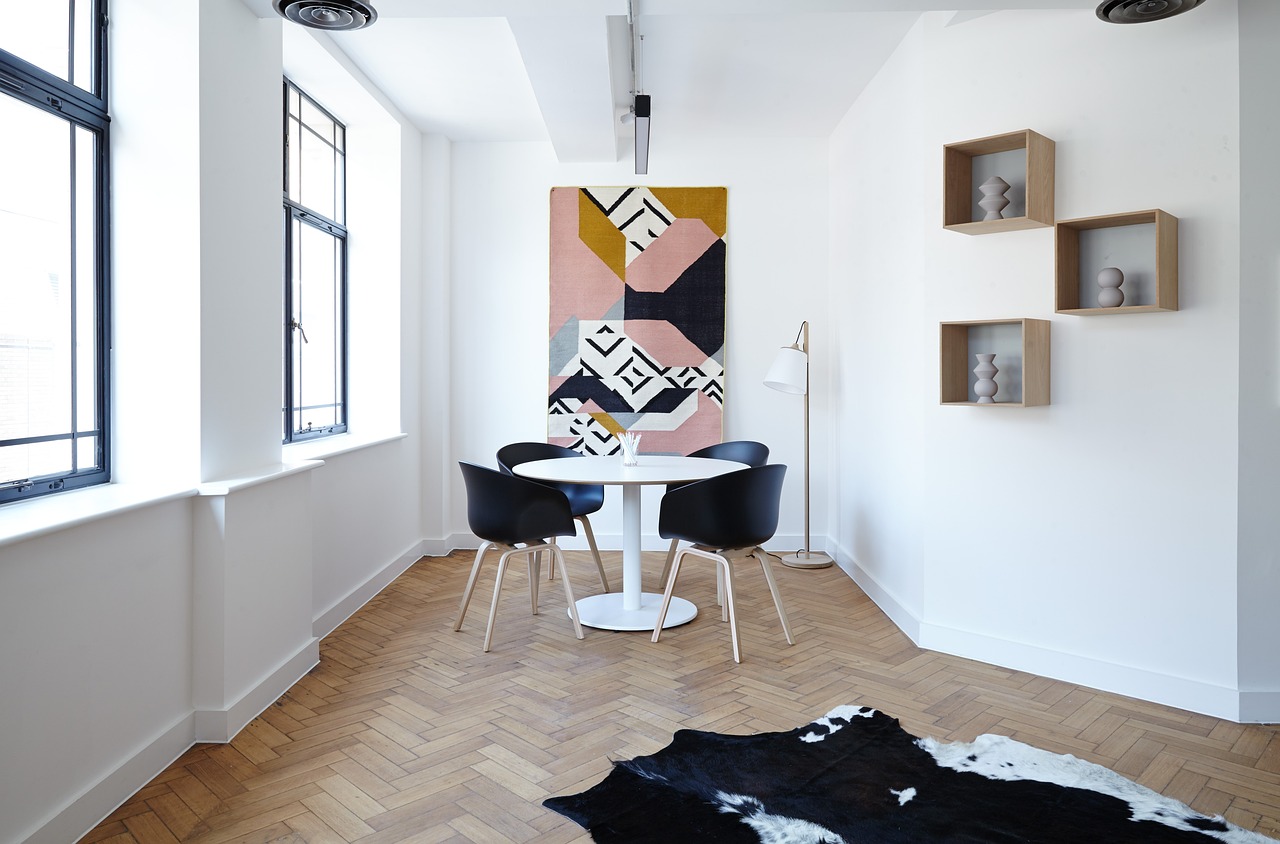Are you dreaming of purchasing your first home? Well, you’re in the right place! Buying a home is an exciting and monumental step in life, but it can also be a complex process if you’re not familiar with the steps involved. Don’t worry though, I’ve got you covered. In this article, I’ll walk you through the essential steps to buying your first home, from saving for a down payment to closing the deal.
The first step on your journey to homeownership is saving for a down payment. This initial lump sum will depend on various factors such as the price of the house and loan requirements. It’s important to have a clear understanding of your financial situation and set aside funds specifically for this purpose. Saving early and consistently will help you reach your down payment goal faster.
Once you’ve saved enough for a down payment, it’s time to get pre-approved for a mortgage loan. This involves meeting with lenders or mortgage brokers who will assess your financial information and determine how much they are willing to lend you. Getting pre-approved gives you an idea of your budget and helps narrow down your search for homes within your price range.
Now that we’ve covered the basics, let’s dive deeper into each step involved in buying your first home. From exploring different neighborhoods to hiring a real estate agent and negotiating offers, there’s plenty more to discover on this exciting journey towards becoming a homeowner! So grab yourself a cup of coffee (or tea) and let’s get started!
Understanding Your Financial Situation
When it comes to buying your first home, understanding your financial situation is a crucial step. Taking the time to assess your finances will not only help you determine how much you can afford but also provide you with valuable insights into managing your expenses and planning for the future.
Here are a few key factors to consider:
- Assessing Your Income: Start by evaluating your monthly income. This includes both your primary source of income, such as salary or wages, as well as any additional sources like investments or rental income. Knowing exactly how much money is coming in each month will give you a solid foundation for budgeting and determining what kind of mortgage payment you can comfortably manage.
- Calculating Your Expenses: Take a detailed look at all of your monthly expenses, including bills, groceries, transportation costs, and discretionary spending. Create a comprehensive list and tally up the total amount spent each month. This exercise will help identify areas where you might be able to cut back on expenses and save more towards your down payment or closing costs.
- Saving for a Down Payment: One of the most important aspects of preparing for homeownership is saving for a down payment. Set a realistic goal based on the price range of homes you’re interested in purchasing and start saving accordingly. Consider automating regular deposits into a dedicated savings account to make this process easier and more disciplined.
- Checking Your Credit Score: Lenders rely heavily on credit scores when assessing mortgage applications. Request a copy of your credit report from one (or all) of the major credit bureaus – Equifax, Experian, TransUnion – and review it for any errors or discrepancies that could negatively impact your score. Taking steps to improve your credit score before applying for a mortgage can potentially save you thousands of dollars over the life of the loan.
- Getting Pre-Approved: Prior to house hunting, it’s beneficial to get pre-approved for a mortgage. This involves providing your financial information to a lender who will assess your creditworthiness and provide you with a pre-approval letter indicating the loan amount you qualify for. Having this letter in hand demonstrates to sellers that you are serious about buying and can give you an advantage in competitive markets.
By taking the time to understand your financial situation, you’ll be better equipped to make informed decisions throughout the homebuying process. Remember, every individual’s circumstances are unique, so it’s essential to tailor these steps based on your own personal goals and financial capabilities.
Setting a Realistic Budget
When it comes to buying your first home, setting a realistic budget is a crucial step. It not only helps you determine how much you can afford, but also ensures that you don’t overspend and find yourself in financial strain later on.

Here are some important considerations when setting your budget:
- Assess your finances: Start by evaluating your current financial situation. Take into account your income, expenses, debts, and any savings or investments you have. This will give you a clear picture of what you can comfortably allocate towards homeownership.
- Calculate affordability: Use an online mortgage calculator or consult with a financial advisor to determine the amount you can borrow based on your income and existing debts. Keep in mind that lenders typically consider factors such as credit score, down payment amount, and debt-to-income ratio when approving loans.
- Consider additional costs: Remember that purchasing a home involves more than just the purchase price. Factor in other expenses such as property taxes, insurance premiums, maintenance costs, and potential renovations or upgrades.
- Save for a down payment: Aim to save at least 20% of the home’s purchase price as a down payment. While this may seem daunting initially, it can help lower monthly mortgage payments and avoid costly private mortgage insurance (PMI).
- Get pre-approved: Before starting your house hunt, consider getting pre-approved for a mortgage from a reputable lender. This will provide you with an accurate loan estimate based on your financial profile and make the homebuying process smoother.
- Be flexible: Keep in mind that finding the perfect home within your budget might require some flexibility. Consider different neighborhoods or property types that offer better value for money while still meeting your needs.
Remember to be realistic about what you can afford without stretching yourself too thin financially. Buying a home is an exciting milestone but ensuring financial stability should be your top priority. By setting a realistic budget, you’ll be better prepared to make informed decisions and find the home that’s right for you.
Sure, I’ll make sure to follow the guidelines and provide you with a section titled “Researching Neighborhoods and Locations” for your article on the steps to buying a first home.
Researching Neighborhoods and Locations
When it comes to buying your first home, one of the most crucial steps is researching neighborhoods and locations. After all, finding the perfect place to call home is just as important as finding the right house itself. Here are some key points to consider during this process:

- Location Matters: Start by identifying your priorities in terms of location. Do you prefer a bustling urban environment or a peaceful suburban setting? Consider factors such as proximity to work, schools, amenities, and transportation options.
- Safety First: Safety should be high on your list of priorities when researching neighborhoods. Look into crime rates, check local police reports, and consider talking to current residents or neighbors for their insights.
- School Districts: If you have children or plan on starting a family in the future, evaluating school districts is essential. Research the quality of schools in potential neighborhoods and take note of any nearby educational institutions that align with your preferences.
- Amenities and Services: Assess what amenities are available in each neighborhood you’re considering. Look for nearby parks, shopping centers, restaurants, healthcare facilities, gyms, and other services that fit your lifestyle.
- Property Values: Understanding property values can give you an indication of how an area may appreciate over time. Research recent sales data and consult with a real estate agent who can provide insights into market trends specific to each neighborhood.
- Transportation Options: Evaluate transportation accessibility in prospective areas. Consider proximity to public transportation hubs if commuting is part of your daily routine.
- Future Development Plans: Keep an eye out for any planned developments or infrastructure projects in the areas you’re interested in purchasing a home. These could have an impact on property values and quality of life in the future.
Remember, thorough research is key to finding the right neighborhood for your first home. Take the time to visit potential areas, talk to locals, and gather as much information as possible before making a decision.
In conclusion, researching neighborhoods and locations plays a vital role in the home-buying process. By considering factors such as location preferences, safety, schools, amenities, property values, transportation options, and future development plans, you can make an informed decision that aligns with your needs and desires. Happy house hunting!

